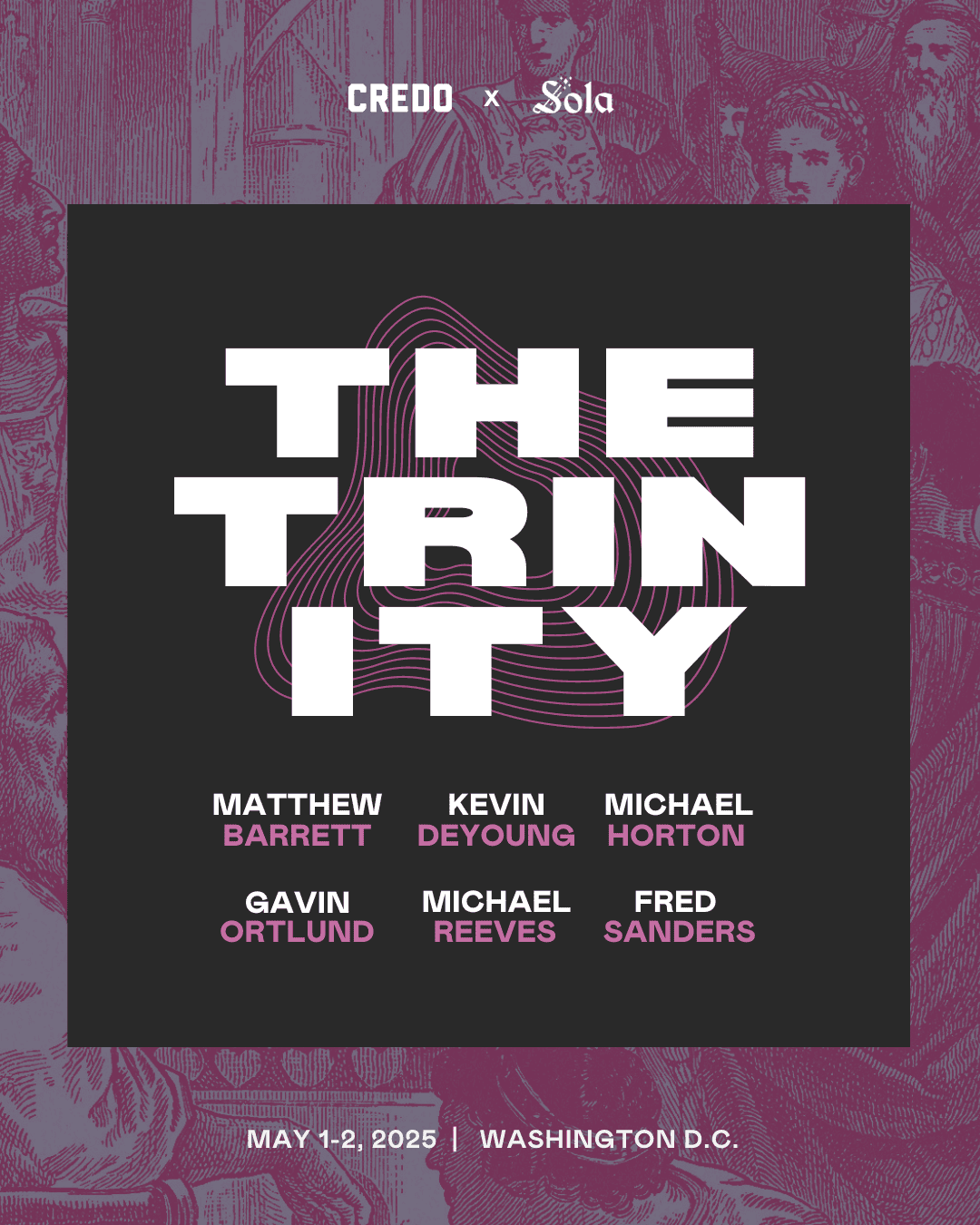
Why your children need the church (Jessalyn Hutto)
Often when we think about the focus of children’s ministry our minds are drawn to familiar Bible stories and Bible facts. Perhaps we are reminded of old flannelgraph dramas and the catchy songs many of us learned to aid in memorizing important Bible trivia. If we aren’t careful, our view of the church’s role in our children’s spiritual formation can be relegated to mere academic pursuits, as though the church were just another addition to their well-rounded education.
Certainly one of the greatest benefits our children have growing up in a community of believers is the regular biblical teaching they receive. However, a mere accumulation of knowledge is not what we, as Christian parents, desire for our children. Above all else, we desire for them to hear the Word of God and as a result be drawn to the Word who became flesh, who died in our place on the cross, and thus provided salvation for all who would believe. The reason regular biblical teaching is vital to our children’s spiritual formation is because—if it is done properly—it will introduce them to the Savior to whom the entirety of Scripture points and by whom they can be saved.
But our children not only benefit from the preaching of the gospel, they also benefit from witnessing the transforming work of the Holy Spirit taking place within the gospel believers around them. Through regular interactions with teachers, parents, mentors, and pastors, our children are given the opportunity to observe the powerful, sanctifying hand of God in the lives of other Christians. Through the ordinance of baptism our children are able to watch as men and women confess their belief in the gospel of Jesus Christ and commit to living their lives in obedience to him. They gaze in wonder as these believers are plunged into the baptismal and brought back up to the joyful celebration of the congregation, symbolizing their death and resurrection with Christ. In the same way, as the communion plate is passed and the wine and bread are consumed by the members of the body, our children witness the centrality of the gospel to every believer’s life. They are beckoned to come and taste of the Lord’s goodness for themselves—to receive the gospel of grace being proclaimed.
In short, our children need the church because they so desperately need the gospel it is founded upon.
Jessalyn Hutto is a regular contributor to Credo Magazine. Her passion for theology led her to create the blog DesiringVirtue.com which encourages women to study, treasure, and apply the Word of God to their daily lives. She is blessed to be the wife of Richard Hutto (a Pastoral Resident with Acts29) and the mother of three little boys: Elliot, Hudson, and Owen. She is also a regular contributor to The Council on Biblical Manhood and Womanhood’s women’s channel: Karis.
This column was taken from the recent issue of Credo Magazine. Read others like it today:
The Evangelical church in the twenty-first century has in many ways absorbed the consumeristic mentality that is so prevalent in the culture. Churches approach worship as if they were selling a product and the attendee were the consumer. Since the product is up for sale, churches must show that their product is more entertaining than anything else the world has to offer. Therefore, churchy gimmicks are the name of the game. Whatever keeps people coming back for more takes first priority and becomes the controlling principle for all things church-related. The preaching must be relevant, the music must entertain, and church events must keep people on the edge of their seat. If the church doesn’t sell itself, then it will be out of business.
In this issue of Credo Magazine we hope to pour an ice-cold bucket of water in the face of the church. No longer can we turn to the culture to decide what the church should be and do. God, his gospel, and his bride are not products to be sold. And those who walk through the church doors on Sunday morning are not customers to entertain. Such an approach makes man the center and treats the church like a business. In contrast, our aim in this issue is to draw church-goers and church leaders back to Scripture, which we believe should be our final authority and guide for worship. In doing so, we must recover the ordinary means of grace that God uses to equip the saints and transform us into the image of Christ.
Contributors include: Brian Cosby, Dennis Johnson, Harry Reeder, Mark DeVine, T. David Gordon, Heath Lambert, and many others.

